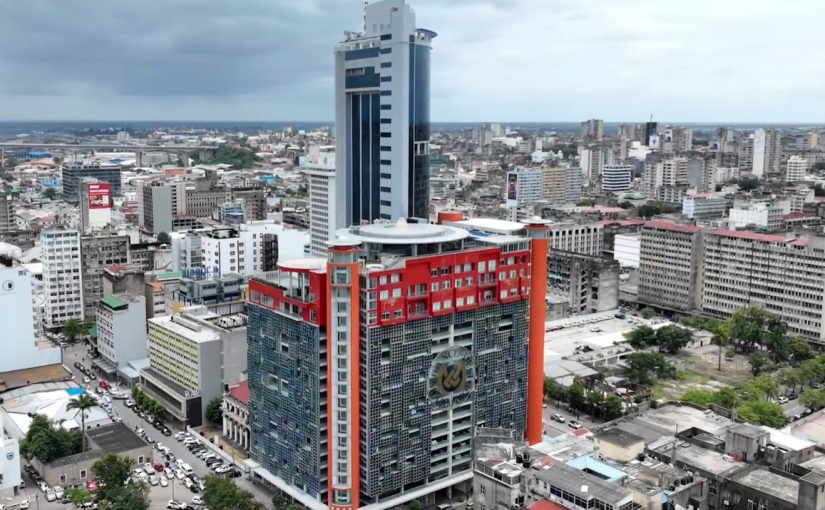Sedna Africa to deploy private mobile network at Beira Port, Mozambique
Mozambique: Penalty scrapped for banks missing controversial reserves level

File photo: Banco de Moçambique
The Bank of Mozambique has revoked a previously enforced penalty of blocking the account of banks which incur a deficit in the constitution of mandatory reserves for two consecutive periods, according to a notice from the institution to which Lusa had access on Friday.
In the document, which has been in force since August 9, the central bank acknowledges that it is “necessary to adjust the penalty regime” provided for in notice 1/GBM/2023, of April 26, which last year approved the regulation on the calculation and establishment of mandatory reserves.
Now, the Bank of Mozambique has decided to revoke article 13 of that notice, relating to the blocking of accounts for offending banks.
“If a credit institution incurs a deficit in two consecutive periods of establishing mandatory reserves, the Bank of Mozambique will automatically block the balance of the freely moveable account,” the now-revoked article stated. It has not, to date, replaced by another penalty.
In the 12 months to the end of April, the volume of mandatory reserves held by Mozambican banks – set at maximum coefficients of around 40% by the central bank – grew by 53.3%, an increase that rose to 306% since the end of December, 2022, when they amounted to 62,144 million meticais (€900 million).
Lusa reported on August 1 that the Monetary Policy Committee (CPMO) of the Bank of Mozambique decided to keep the mandatory reserve coefficients of commercial banks unchanged, at maximum values, at least until the end of September, despite appeals from businesspeople and the IMF.
The decision taken at the meeting of the central bank committee thus maintained the obligation of commercial banks to place as reserves 39% of resources in national currency and 39.5% in foreign currency in the Bank of Mozambique.
The next CPMO meeting is scheduled for September 30, so these coefficients will remain unchanged for at least another two months.
Lusa reported in July that the International Monetary Fund (IMF) advocates reducing the “high” reserve ratios required by the Bank of Mozambique from commercial banks to boost the economy, recommending other alternatives to absorb excess liquidity and the remuneration of these reserves.
“Reducing the high reserve requirements is essential to ease financial conditions. Although the Mozambican financial system has a structural liquidity surplus, the significant increases in mandatory reserves in 2023 [from around 10% to 40%] (…) may have been greater than necessary to absorb excess liquidity,” reads the IMF report on the fourth review of the Extended Credit Facility program.
On July 25, Mozambican businesspeople reported a deficit of US$400 million in foreign currency, leading to delays in payments abroad, fines and losses in invoicing, calling on the central bank to reduce the mandatory reserve ratio.
According to data from the Confederation of Economic Associations of Mozambique (CTA), unmet needs in imports or payments abroad “already amount to US$400 million [€369 million]” in 2024, due to “liquidity constraints” of foreign currency in banks. The CTA blamed the situation on the high mandatory reserve ratio that banks have to maintain.
“In general, the lack of foreign currency in the market has constrained the process of paying invoices abroad,” stressed the vice-president of CTA, Zuneid Calumia.
“As a consequence of the difficulties that economic agents have faced in making payments abroad, there have been reports of disruptions such as the lack of credibility of Mozambican suppliers, fines for late payments, lack of stock, delays in the provision of services, delays in the shipment of equipment to Mozambique, a drop in production and revenue, failure to comply with the construction schedule for projects, and an increase in implementation costs,” he pointed out.












Leave a Reply
Be the First to Comment!
You must be logged in to post a comment.
You must be logged in to post a comment.